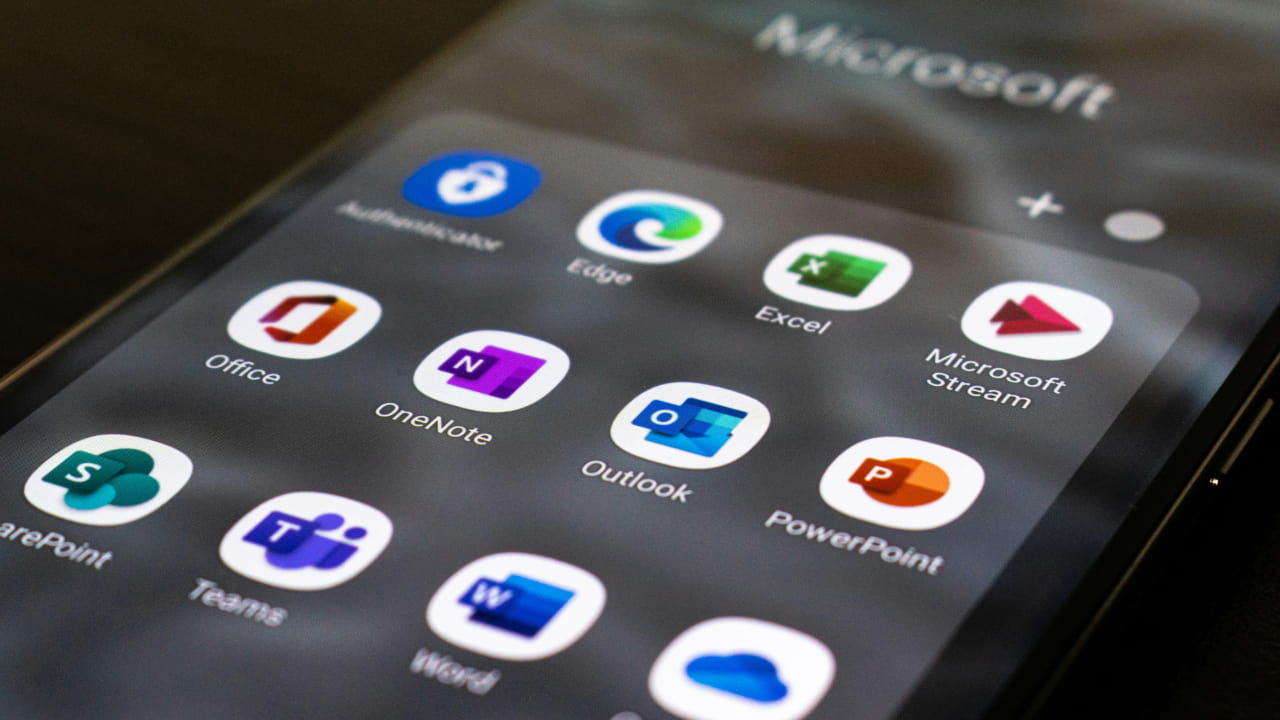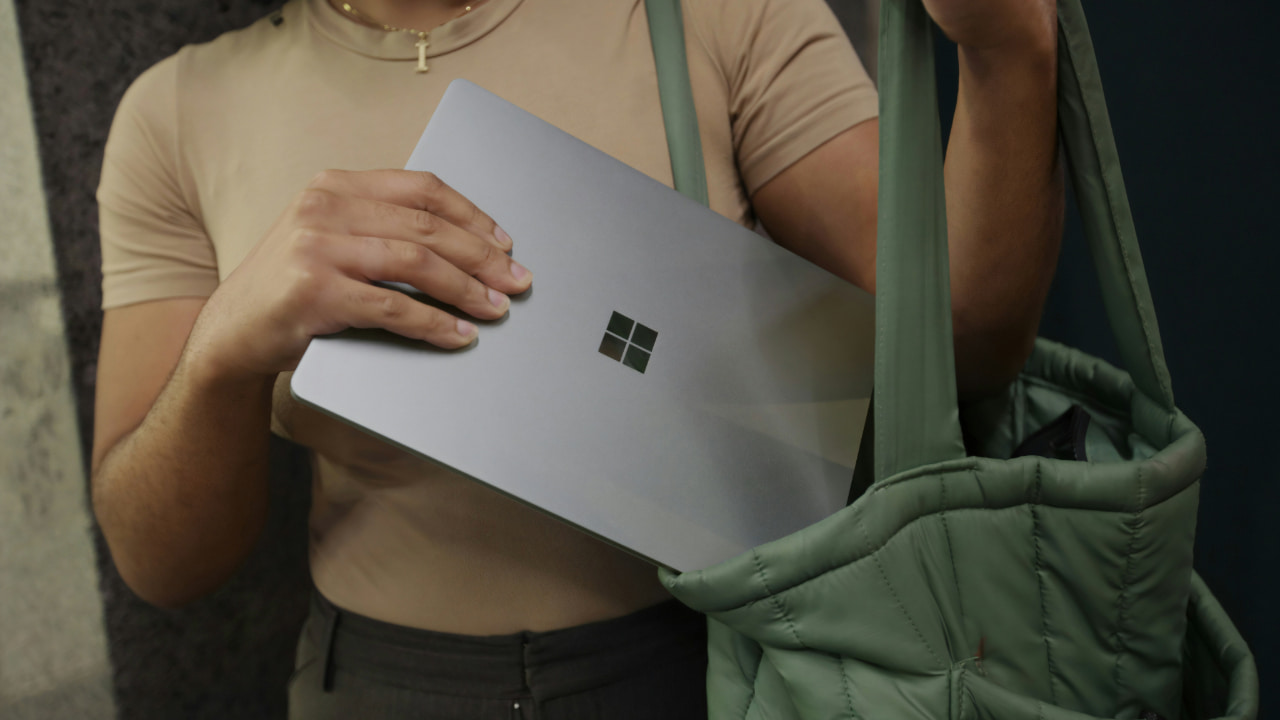If there is one corporation that is targeted by scammers more than anyone else, it is Microsoft. From customer support scams to impersonation and phishing attacks, the company’s services are constantly under threat. Recently, even Russia-sponsored hackers managed to breach Microsoft and steal sensitive information. While Microsoft services as a whole are prime targets, one that stands out is Teams. The collaboration tool is used by over 300 million people worldwide, making it a goldmine for attackers. Hackers are using it to spread phishing, vishing, and quishing campaigns, relying on social engineering tactics to trick victims into sharing private and sensitive data.
GET SECURITY ALERTS, EXPERT TIPS – SIGN UP FOR KURT’S NEWSLETTER – THE CYBERGUY REPORT HERE

The rising attacks on Microsoft Teams users
Cybercriminals are increasingly targeting Microsoft Teams users with sophisticated attack methods. One such technique involves malicious GIF images that exploit worm-like vulnerabilities, allowing attackers to take over accounts and infiltrate chat sessions when the image is opened.
Hackers also insert malware-laden files into chat threads, tricking users into downloading DLL files that enable system takeover. Phishing campaigns leverage compromised accounts or domains to send deceptive invitations, luring victims into downloading harmful files.
Some attackers use email bombing and vishing, posing as tech support to overwhelm users with spam emails before tricking them into granting remote access. Compromised email addresses and stolen Microsoft 365 credentials provide another entry point for unauthorized access.
Plus, external access settings in Microsoft Teams, which often allow outside users to initiate chats or meetings, can be exploited if not properly restricted. Another common tactic is sending phishing links through Teams chats, often disguised as invoices or payment notifications, leading to ransomware infections.

9 WAYS SCAMMERS CAN USE YOUR PHONE NUMBER TO TRY TO TRICK YOU
Beware of fake jobs as well
Scammers have been running fake job schemes for a while, but their tactics keep evolving. Lately, I reported how fake job emails are being used to install crypto mining software that slows down computers. Now, they are using Microsoft Teams chat to trick people.
It usually starts with an email about a job followed by a suggestion to do the interview over Teams. The first red flag is that the entire interview happens over chat with no video and no call. After that, you are “hired” and asked to submit your details, often through a Google Doc requesting personal info like your social security or tax number. Some victims are even asked to buy equipment for the job, pay a hiring fee, or purchase gift cards, which are classic signs that the whole thing is a scam.

SPOTIFY PLAYLISTS ARE BEING HIJACKED TO PROMOTE PIRATED SOFTWARE AND SCAMS
6 ways you can stay safe from scammers targeting Microsoft Teams
1) Avoid opening suspicious links and attachments: Be cautious of unsolicited links or attachments, especially in chat messages or emails. Cybercriminals often use these to deliver malware or phishing links. Never click on links that seem unusual or come from unknown sources.
The best way to safeguard yourself from malicious links that install malware, potentially accessing your private information, is to have antivirus software installed on all your devices. This protection can also alert you to phishing emails and ransomware scams, keeping your personal information and digital assets safe.
My top pick is TotalAV, and you can get a limited-time deal for CyberGuy readers: $19 your first year (80% off) for the TotalAV Antivirus Pro package.
2) Check for red flags in job offers: If you receive a job offer that seems too good to be true or involves an interview conducted entirely via chat with no phone call or video meeting, it’s likely a scam. Legitimate companies typically conduct interviews using multiple forms of communication.
A job offer that insists on only text-based conversations is a major red flag. Other warning signs include being asked to provide personal information through Google Docs, being asked to pay for equipment, paying fees to secure the job, or purchasing gift cards as part of the hiring process.
3) Use strong, unique passwords: Ensure your Microsoft 365 and other accounts are protected with strong passwords. Consider using two-factor authentication (2FA) to add an extra layer of protection against unauthorized access. Also, you might want to use a password manager to generate and store complex passwords.
4) Be cautious with personal information: Never share sensitive personal details, like social security numbers or tax information, through unsecured or unsolicited channels, such as Google Docs or messages on Teams. Always verify the legitimacy of such requests.
5) Report suspicious activity: If you notice any suspicious activity on your Microsoft Teams account or receive unusual job offers, report it immediately. Prompt action can prevent a potential breach or further compromise. Notify your IT department or relevant authorities so they can investigate and take appropriate measures.
6) Verify IT support requests: Be cautious of unsolicited messages or calls claiming to be from IT support, especially those asking you to install software or grant remote access. Cybercriminals often impersonate IT staff to deploy ransomware or steal sensitive data. Always verify such requests with your actual IT department before taking any action. If in doubt, contact your IT team directly using official channels, not through the message or call you received.
ENERGY-SAVING SCAM USES ELON MUSK’S NAME – HERE’S THE TRUTH
Kurt’s key takeaway
Scammers and hackers are not slowing down, so staying sharp is the only way to stay ahead. If something feels off, like a job that sounds too good to be true, a random Teams message with a sketchy link, or an interview that is just a chat, trust your instincts. You should always be careful with external messages and invites you to receive on Microsoft Teams. Even if it seems like it is from someone you know, it is best to double-check, especially if it involves a file, a link, or an invitation to a chat you were not expecting to receive.
Should Microsoft be doing more to prevent phishing and impersonation scams on Teams? Let us know in the comments below.
TO GET MORE OF MY SECURITY ALERTS, SUBSCRIBE TO MY FREE CYBERGUY REPORT NEWSLETTER


